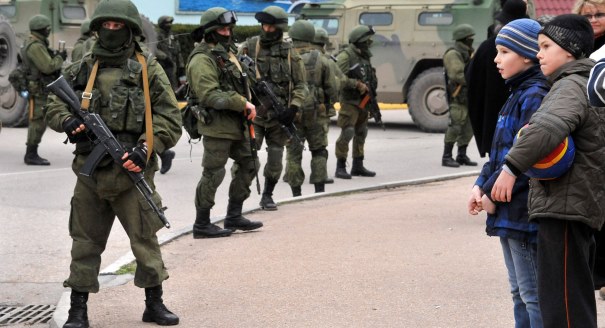Registration
You will receive an email confirming your registration.
Watch video from both panels below
For more than two decades, addressing fragility has been an evolving bipartisan priority for U.S. policymakers. Yet growing understanding and consensus about the problem has failed to generate the strategic, unified, and long-term policies required to achieve solutions. Despite some progress, the United States and its international partners still struggle to prevent and reduce fragility.
With the next U.S. administration and Congress taking office in January, the Carnegie Endowment for International Peace, the Center for a New American Security, and the U.S. Institute of Peace this year formed an independent, non-partisan Fragility Study Group to improve the U.S. government’s approach to reducing global fragility. The group was advised by more than 20 former U.S. government officials, members of Congress, academics, and private sector leaders. Its report concludes that the incoming administration will have to exhibit remarkable discipline and imagination in choosing where and how to exert U.S. leadership. The study group offers recommendations for the next administration and Congress on ensuring more coherent policy responses among U.S. agencies, strengthening international partnerships, and developing the capabilities required to help fragile societies build more resilient, and thus stable, states.
Following the discussion of the report by the study group’s chairs on September 12, scholars from each institution previewed several of a series of policy briefs to be released in coming months on specific portions of the new approach.
Agenda
Panel 1
Stephen J. Hadley, Opening Remarks
Chair of the Board, U.S. Institute of Peace
William J. Burns
President, Carnegie Endowment for International Peace
Michèle Flournoy
CEO, Center for a New American Security
Nancy Lindborg
President, U.S. Institute of Peace
David Ignatius, Moderator
Columnist and Author, Washington Post
Panel Two
Rachel Kleinfeld
Senior Associate, Carnegie Endowment for International Peace
Loren Schulman
Deputy Director of Studies and Leon E. Panetta Senior Fellow, Center for a New American Security
Maria J. Stephan
Senior Policy Fellow, United States Institute of Peace
Alexa Courtney, Moderator
Executive Director Fragility Study Group
Participants
William J. Burns
William J. Burns is president of the Carnegie Endowment for International Peace.
Michèle Flournoy
Michèle Flournoy is CEO of the Center for a New American Security.
Nancy Lindborg
Nancy Lindborg is president of the United States Institute of Peace.
David Ignatius
David Ignatius is a columnist and author for the Washington Post.
Stephen J. Hadley
Stephen J. Hadley is chair of the board at the United States Institute of Peace.
Rachel Kleinfeld
Rachel Kleinfeld is a senior associate at the Carnegie Endowment for International Peace.
Loren Schulman
Loren Schulman is the Deputy Director of Studies and Leon E. Panetta Senior Fellow at the Center for a New American Security.
Maria J. Stephan
Maria J. Stephan is a senior policy fellow at the United States Institute of Peace.
Alexa Courtney
Alexa Courtney is the executive director of the Fragility Study Group.
